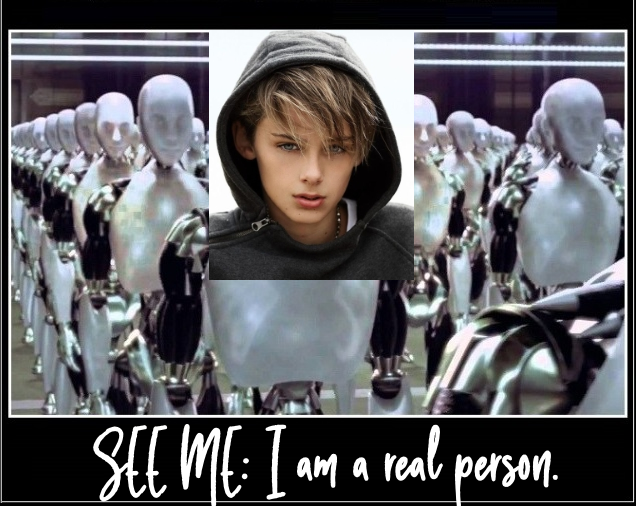The supposedly immaculate stone walls feel as if they are about to close in on me. I wait on court date after court date for a woman of privilege to apply a sentence or provide a “safe” placement for me. This woman asks questions every time I am dragged into that room by the shackles and cuffs that bind my voiceless frame.
 These questions consist of: How is the program or detention center? How many females are there? What is the staff-to-youth ratio? These questions confuse me, because this woman stands so proper behind a wooden desk yet she has never seen the ill-lighted dungeons I have been in, off and on, since age 14.
These questions consist of: How is the program or detention center? How many females are there? What is the staff-to-youth ratio? These questions confuse me, because this woman stands so proper behind a wooden desk yet she has never seen the ill-lighted dungeons I have been in, off and on, since age 14.
When I was 18 and my commitment to the Department of Youth Services ended, I started consulting with the department. Now, once a month, I sit at the same table with judges, probation and department staff and do things like go over the statistics of races that enter the juvenile system in Essex County, Massachusetts, or try to think of alternative placements that would benefit youth. I am almost positive I am the only one in the room who can picture the youth face by face, voice by voice.
We are real people. We wonder if we’re looked down upon by people who claim they want what is best for us. We’re unfamiliar with the system and put off by new faces trying to get into our personal lives, asking about our family or asking about our triggers.
How can that build trust? How about asking me my favorite sport or what I wanna be when I grow up? I want to see trust in the eyes of a judge. When I was in court, I felt as if judges were used to brushing off every scent of individuality a youth has.
My fellow young people deserve better than to be stripped of their identity and viewed as statistics. Each youth and family are different, requiring their own treatment path and solutions. The youth that enter the system face hardships in their homes and communities.
Sometimes it’s difficult to comply with system rules that go against their family's code of conduct. Or a parent says something to a system person out of anger or frustration, like “Get that kid out of my house,” that is taken too literally. Or a young person explodes around his or her direct guardian, so the probation officer thinks the young person has a bad attitude overall when it’s really set off by just one person.
The people who work in the system have enormous power over youth and families. Please listen to us and our families. Include us in discussions about us. Otherwise the court may inadvertently hurt us based on incorrect information or misinterpretation.
Many of us fear the system. It’s because it can be inflexible and impersonal or get stuck on a surface understanding of a young person and his or her situation. For youth to be successful, the system needs to be resourceful and get to know us.
Jaclyn Cirinna is currently a youth consultant for the Massachusetts Department of Youth Services and a youth partnership consultant for the Annie E. Casey Foundation.
This post originally appeared on JDAIconnect.org.
